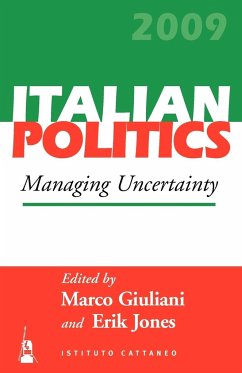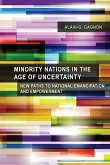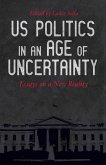Scholars have long sought to explain how Italian democracy survives and the nation avoids fragmentation. Editors Giuliani and Jones have assembled 12 contributions, including an excellent historical chronology and introductory chapter, in an effort to shed light on [this question] and more. This book and the series to which it belongs are an indispensable resource. Highly recommended. Choice A indispensible road map to the strengths and weaknesses of Italy's response to the global economic crisis. Italy remains a major eurozone economy, but one as constrained as ever by economic dualism. No understanding of its prospects is complete without a proper analysis of the enduring political complexity that results. For the 2009 edition, Jones and Giuliani have assembled an excellent team that guides us through recent developments, while setting them firmly in a long-term perspective. David Hine, Oxford University In 2009 the political and social life of Italy featured high levels of uncertainty. Lackluster economic performance was the most obvious source of anxiety, but Silvio Berlusconi¿s center-right coalition also had to contend with a series of sensational revelations about the prime minister¿s personal life as well as more troubling divisions within the coalition itself. Meanwhile, the governing coalition faced additional challenges: the European elections, a referendum on electoral reform, and a controversial G-8 summit. The center-left opposition struggled as well: from the resignation of Walter Veltroni to the election of Pier Luigi Bersani, the Partito Democratico had difficulty uniting around a common platform or even a coherent mission. As many of the more salacious stories involving politicians faded from the public eye, debate revolved around the reform of welfare state institutions and administrative practices, while fundamental cleavages over religious values and immigration deepened. The popular mood was unsettled but events calmed markedly in the immediate aftermath of a violent attack on the prime minister, and as the year closed, Italians proved capable of managing the uncertainty that continued to hover over the country. Marco Giuliani is Professor of Comparative Politics in the Faculty of Political Science at the University of Milan. His recent publications include La Politica Europea (Il Mulino 2006) and Governance e Politiche nell¿Unione Europea, co-edited with Maurizio Ferrera (Il Mulino 2008).
Es gelten unsere Allgemeinen Geschäftsbedingungen: www.buecher.de/agb
Impressum
www.buecher.de ist ein Shop der
buecher.de GmbH & Co. KG
Bürgermeister-Wegele-Str. 12,
86167 Augsburg
Amtsgericht Augsburg HRA 13309
Persönlich haftender Gesellschafter: buecher.de Verwaltungs GmbH
Amtsgericht Augsburg HRB 16890
Vertretungsberechtigte:
Günter Hilger, Geschäftsführer
Christian Sailer, Geschäftsführer
Sitz der Gesellschaft:Augsburg
Ust-IdNr. DE 204210010








